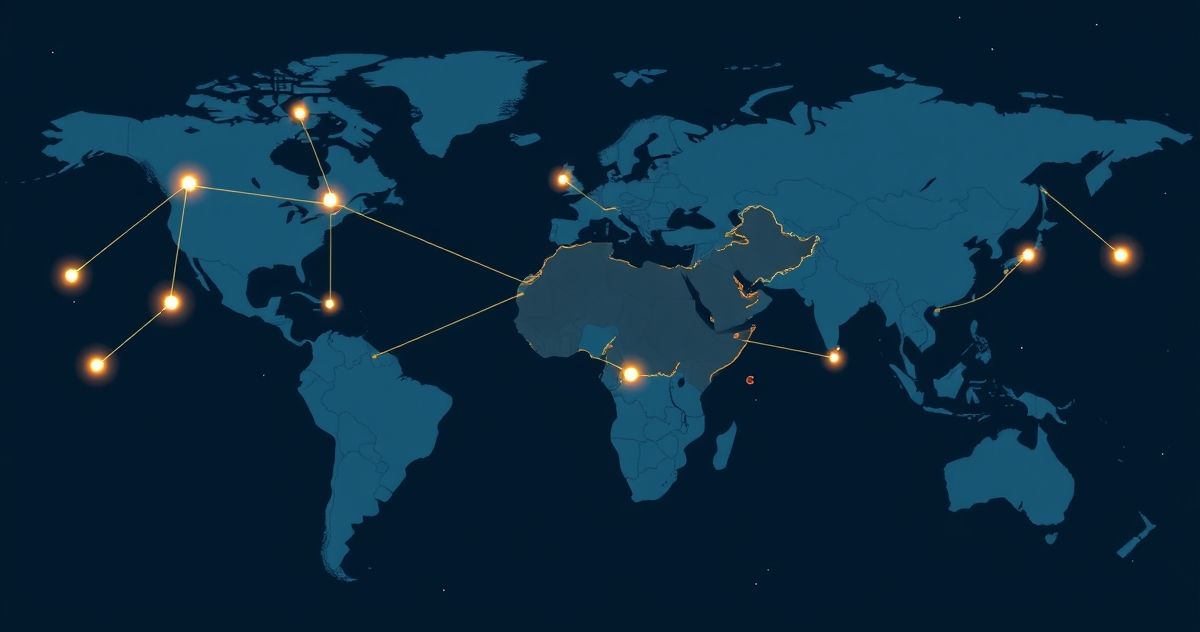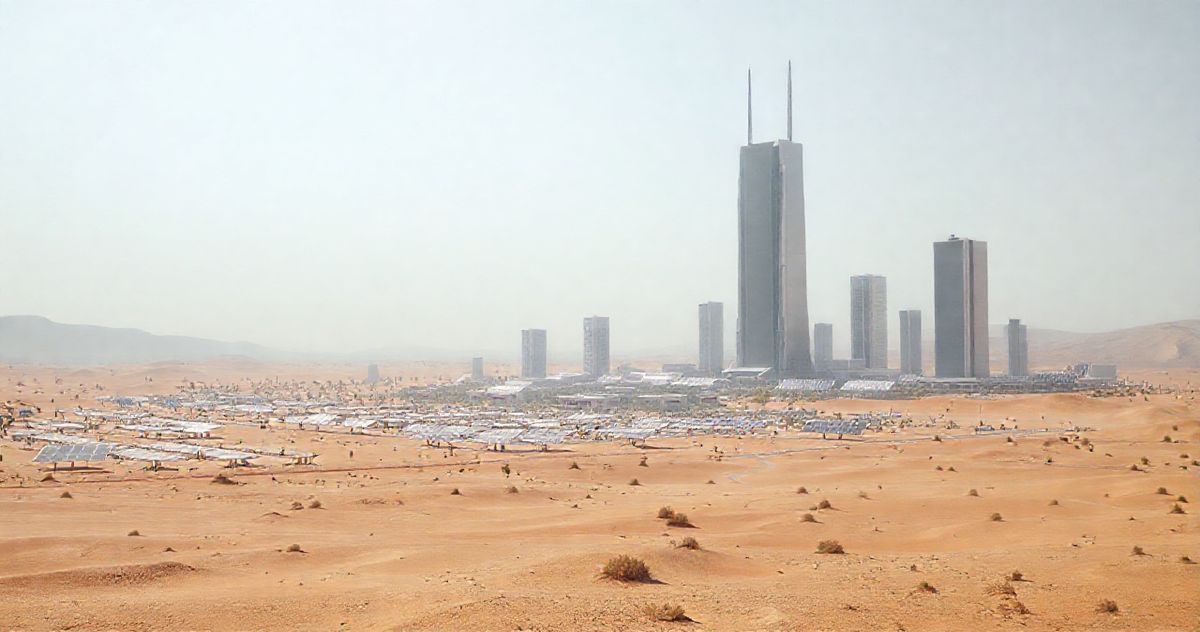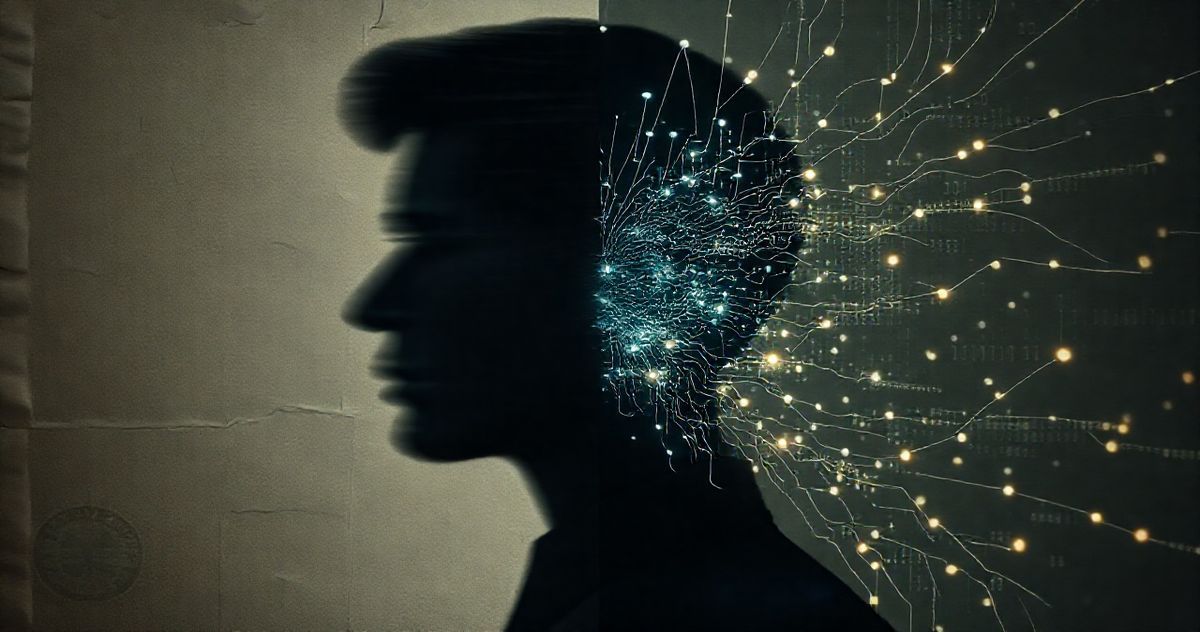What if your internet just… vanished? Not for a few minutes, but for an entire hour? Sounds like something out of a sci-fi movie, right? Well, on a recent Wednesday, something eerily similar happened to a massive chunk of the global internet, with China at its center. No, it wasn’t an alien invasion or a super-hack. It was a routing error, and it gave us a real-world peek at how delicate our always-on world actually is.
### What Actually Happened?
So, what exactly went down? Think of the internet as a vast, complex network of roads, and data as the cars traveling on them. There’s a crucial system called BGP (Border Gateway Protocol) that acts like the world’s most important traffic cop, telling all those data cars the best routes to take. If a cop suddenly starts giving out bad directions, chaos happens. That’s essentially what went down on Wednesday.
For about an hour, due to a routing mistake (which many experts believe originated with a Chinese state-owned internet provider, though it wasn’t a deliberate act to cut off the country), the BGP traffic cop started telling parts of the internet that the best way to reach many Chinese networks was, well, nowhere. It was like suddenly putting up a giant, invisible wall. Data traffic that normally flows freely just hit a dead end. This wasn’t China purposefully pulling the plug, but rather an accidental misconfiguration that created a brief, unintended digital blackout for many trying to connect with China.
### Why an Hour Matters So Much
Sixty minutes. That doesn’t sound like a long time, does it? But in our hyper-connected world, an hour of internet silence can feel like an eternity and cause immense disruption. Imagine your workday without email, without cloud access, without being able to look something up. For a global economy, where transactions happen in milliseconds and supply chains rely on constant digital updates, an hour is a lifetime.
Sarah, a fictional project manager I know, had a taste of this kind of small-scale chaos recently. Her home internet connection went out for about 45 minutes right when she had a critical online meeting. She couldn’t log in, couldn’t tell her team what was happening, and missed key decisions. When it finally came back, she had to play catch-up for hours, feeling completely out of the loop and isolated. Now, imagine that frustration multiplied by millions, impacting not just one person trying to work from home, but banks, factories, shipping companies, and communication networks across an entire country and for anyone trying to connect to it. It’s a cascading effect that shows just how fragile our digital backbone can be.
### The Bigger Picture: What We Learned
This wasn’t some grand, planned ‘switch-off.’ It was an accident. And that’s precisely what makes it so unnerving. It shows just how fragile our hyper-connected world truly is. It’s a stark reminder that the internet, for all its power and ubiquity, relies on complex, often unseen systems that can sometimes hiccup. This incident underscored a few important points:
* **How interconnected the world is:** A routing error in one place can ripple outwards and affect global connectivity.
* **The hidden systems that keep things running:** Protocols like BGP are vital but mostly invisible to the average user until something goes wrong.
* **Our massive reliance on constant connectivity:** From banking to social life, we are utterly dependent on the internet’s uninterrupted flow.
* **The potential for large-scale accidents:** While this wasn’t malicious, it highlighted how vulnerable the internet is to simple human or system errors.
### Could Your Internet Go Dark?
While it’s highly unlikely your entire country’s internet will vanish due to a single routing error (most nations have multiple connection points and redundancy), localized outages happen all the time. Storms knock out power, a construction crew cuts a fiber optic cable, or equipment just fails. Your favorite social media site might go down for a bit. Your streaming service might buffer endlessly. These are small inconveniences compared to a national blackout, but they remind us that nothing online is truly guaranteed to be ‘always on.’
This incident with China was a quick flash, but it served as a powerful lesson. The internet isn’t an unbreakable, ethereal cloud. It’s a physical network of cables, servers, and complex rules. And sometimes, those rules get messed up, even for just an hour, showing us how quickly our modern lives can grind to a halt. What would you do if the internet just stopped working for an hour, or even longer, where you live?











